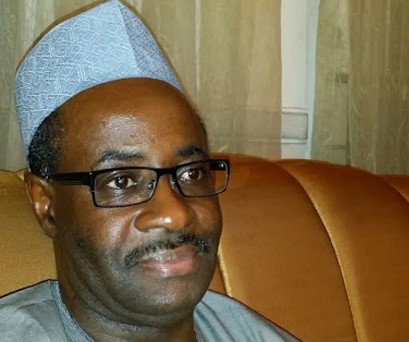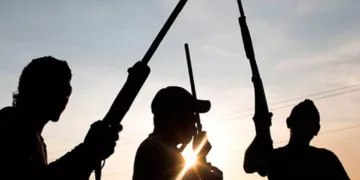The federal government has revealed that immunisation in Nigeria suffers an annual cumulative funding gap of $430m.
The director-general, Budget Office, Taminu Yakubu disclosed this at the Multi-Stakeholders Technical Workshop for the Optimisation of Immunisation Financing in Nigeria, held in Abuja.
“We still have an annual funding gap of $200m. It is clear that without the financial contribution of Bill & Melinda Gates Foundation, GAVI, UNICEF, and other international donors, the actual funding gap is $430m,” he said.
The DG, therefore, tasked the public sector on increased financial contribution, saying, “The public sector should do more to increase their financial contribution, because if it does so, it will have the moral high ground to ask the private sector, both organised and household for a way out for out-of-pocket expenditure.”
He also emphasised the need for a legislation that requires the country to attain self sufficiency in the local production of vaccines and the acquisition of distribution infrastructures.
Also speaking at the event, the chairman, Senate Committee on Primary Health Care, Senator Ibrahim Lamido, highlighted the dire situation facing Nigeria‘s immunisation efforts, stating that immunisation is a cornerstone for public health, saving millions of lives annually.
“Nigeria still grapples with vaccine-preventable diseases due to inadequate funding,” he said.
Lamido noted that despite significant advancements in other areas of health, immunisation has suffered from insufficient financial support, resulting in local facilities, like the Bio Vaccine Company in Lagos, being left abandoned.
“Vaccines should be produced locally, but this is no longer the case,” Lamido pointed out, emphasising that revitalising these facilities is essential for ensuring a reliable and consistent supply of vaccines.
The senator stressed that enhancing local production would reduce the country‘s dependency on external sources, which can be unpredictable and costly.
He also addressed the issue of funding, calling on the Nigerian government to release counterpart funds for immunisation programmes.
„Releasing counterpart funding demonstrates Nigeria‘s dedication to its people‘s health and well-being. It‘s time to turn commitments into action,“ he said.
„This funding is crucial for sustaining support from Gavi, the global vaccine alliance, and for integrating local production efforts into the broader immunisation strategy,“ he added.
Participants at the workshop echoed Lamido‘s concerns, emphasising the need for immediate action to revive local vaccine production. They highlighted that investing in these facilities will not only support vaccine availability but also contribute to building a more resilient health infrastructure.
On his part, the former chairman Senate Committee on Health, Senator Ibrahim Oloriegbe stated that immunisation is both economic and security issue.
„If we spend more on vaccines and immunisation, we are going to spend less curing diseases. That means we get more money to spend on other sectors,“ he said.
The CEO of Vaccine Network for Disease Control (VNDC), Chika Offor, stressed the importance of appropriate funding in procuring vaccines.
She urged collaboration amongst stakeholders to ensure the health of Nigerians remains a priority.
„This connection is necessary for the health of Nigerians“, she added.











